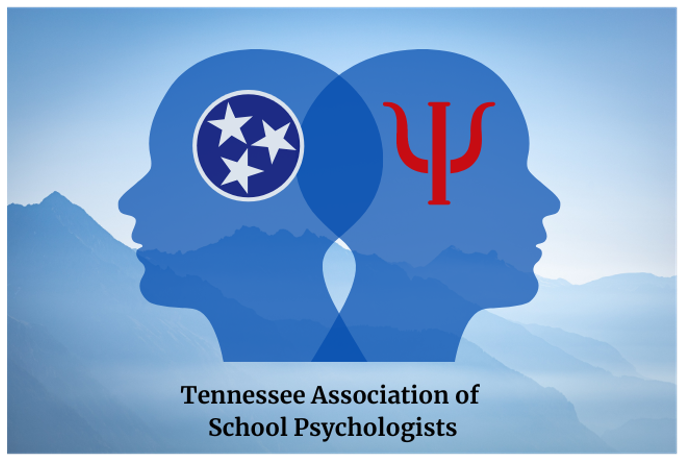Mission and GoalsThe mission of TASP is two-fold: (1) to promote the educational and mental health needs of all children, youth, and adults, and (2) to promote the interests of and to advance the professional excellence of school psychology. To fulfill this mission, TASP provides a variety of services to different constituent groups.Addressing Educational, Social and Emotional Needs Advocating for the needs of children, youth, and adults, and promoting quality services requires applying our knowledge base to educational and mental health programs, increasing public awareness, and influencing legislative and regulatory policy. TASP achieves these goals by: a. advocating the allocation of necessary resources, legitimate reforms in organizational and curriculum patterns, and wide dissemination and utilization of psychological knowledge by educational personnel; b. sharing ideas, techniques, and research regarding education and mental health practices with school psychologists and others; c. supporting research on educational and mental health needs and services; d. influencing public policy in education, psychology, and mental health; e. seeking to expand public awareness of the educational and mental health needs of all persons; f. developing position statements and action plans for selected educational and mental health issues; g. collaborating with other professionals and advocacy groups on these issues. Advancing the Profession of School PsychologyRepresenting and advancing the professional specialty of school psychology involves establishing appropriate standards, promoting the interests of school psychology, and working to secure conditions that enhance its effectiveness. Professional advocacy for these purposes includes: a. stimulating interest in and a better understanding of the role of psychology in the schools; b. developing and promoting model standards for ethics, training, credentialing, and practice; c. seeking to have these standards adopted by appropriate state groups, endorsed by policy makers, and utilized by school psychologists in their daily practice; d. interpreting standards in applied situations as necessary; e. developing positions on and action plans for selected professional issues to influence policy and practice at state and local levels; f. influencing legislative and regulatory policy relating to professional standards and issues; g. providing information and materials to assist school psychologists both in developing educational and mental health programs and in the development of the professional specialty; h. providing testimony and/or other support for state legislation and policies that conform to TASP standards, advance the professional specialty, and enhance services to children, youth, and adults. | Not a Join us and boost your career!
JOIN NOW |

